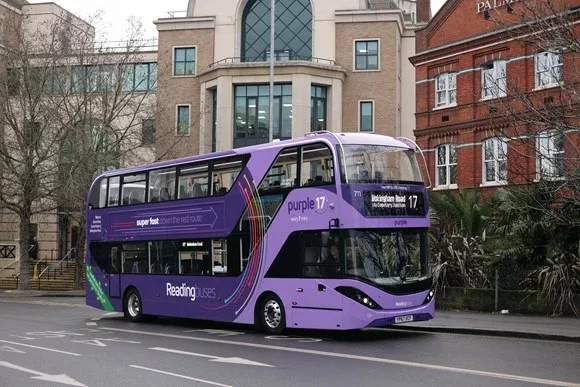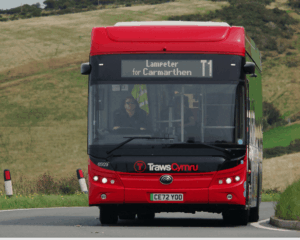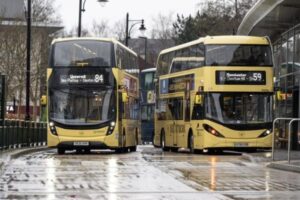The King’s Speech at the opening of Parliament made a pledge for more buses and reforms to local bus services under a Better Buses Bill. The aim is to bring an end to the ‘postcode lottery’ of bus services and give local communities the ‘power to take back control of their bus services’.
Bus Users UK Director for England, Lydia Horbury has been assessing the challenges and opportunities.
1. New powers for local leaders to franchise local bus services
This provision would allow local authorities to take greater control over bus services in their areas by setting routes, fares, and standards, similar to the model used in London.
Opportunities:
- Increased local control would allow local leaders to tailor services to the needs of their communities.
- More direct oversight could improve services, ensuring they are more responsive and reliable.
- There is the potential for new training and job opportunities.
2. Lifting restrictions on the creation of new publicly-owned bus companies
This would remove legal barriers that currently prevent local authorities from establishing new, publicly-owned bus companies.
Opportunities:
- Publicly-owned operators could compete with private companies, potentially driving up service quality and driving down costs.
- Publicly-owned operators may be more accountable to local residents.
3. Enhancing accountability
Bus operators would be held to higher standards and be more answerable to local authorities and the public with national benchmarks for service quality, safety and accessibility.
Opportunities:
- Services could be improved as operators strive to meet new accountability measures.
- Passengers could expect more consistent nationwide.
- Increased accountability would lead to greater public trust.
4. Greater control and flexibility over funding
Local authorities would have more discretion over how bus funding is allocated and used.
Opportunities:
- Funding can be directed to where it is most needed, allowing for more innovative and effective use of resources and tailored solutions.
So what will this mean for bus passengers? If successfully implemented and properly funded, these measures could lead to significant improvements in the quality, reliability, and accessibility of local bus services; better bus services enhance local economies by improving access to jobs, education, shops and services, leisure activities and local attractions; increased use of public transport reduces congestion and emissions; and there is an opportunity for greater engagement with local communities in the planning and operation of bus services, leading to services that better reflect public needs and preferences.
“The Better Buses Bill is a real opportunity to transform local bus services and create more responsive, reliable, sustainable and high-quality transport options across the country. But we need to proceed with caution and ensure that we don’t throw passengers, and potentially even services, under the bus,” said a Bus Users UK spokesperson.
























